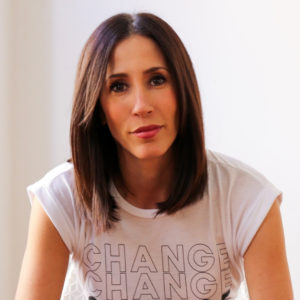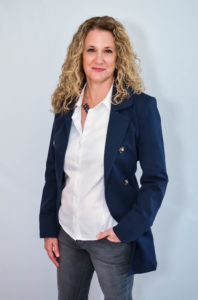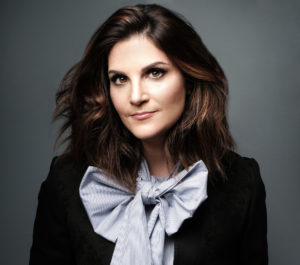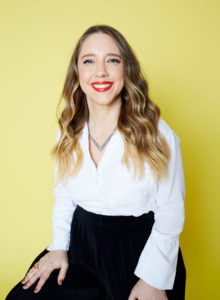By Erin Halper
The pandemic has forced most people to reevaluate their lives and reconsider their priorities. In fact, just about everyone knows at least one person who has chosen to leave the workforce or change career paths.
Subscribe to the Crunchbase Daily
As professionals quit their jobs left and right, some are choosing the path of consulting as a way to have their own business and still use their skills and talents—so much so that applications for new business employer identification numbers from the IRS jumped 24 percent in 2020.

While entrepreneurship may eliminate some of the corporate frustrations and ills that came to the forefront as a result of the pandemic, launching a startup consulting business can be a huge challenge for those who don’t know the ins and outs of the business. It’s a choice that takes confidence, resilience and pushing out of your “employee” comfort zone.
So why do it?
The joys of creating something that is your own and sharing your expertise and talent with your clients is unmatched. If that’s what you’re committed to doing, then there are ways to not only succeed, but to thrive.
I checked in with a few top independent consultants 1on how you can make it past year one and set your sights on long-term success. This is what they said:
The numbers matter

Dorothy Kolb is the founder and CEO of dk east associates and opened shop in 2016. Over the past five years she’s noticed that many founders don’t take the time to understand their financial statements fully.
“Founders need to stop being afraid of their numbers, especially in the early years when, frankly, they can be scary,” she said. If you don’t work with someone who can help make those numbers make sense, Kolb explained, you won’t be able to course correct. And if you do this for too long you “can’t recover quickly enough to recognize when things are going off the rails.”
Avoid decision fatigue

“Decision fatigue” is not just another trendy catch phrase, Sonia Narvaez, founder of Operation QOL, explained. This phenomenon can actually paralyze your ability to make it past the starting line of your entrepreneurial dreams.
“In the beginning, we get stuck wearing many hats and can easily start to question every single decision. This can cause internal chaos,” she said. By creating structure in your day and prioritizing non-negotiables, you can better focus and tackle the decisions that must be made before being carried away with the details that aren’t essential for getting off the ground.
Embrace feedback

Dayna Lapkovsky is the president of frank Women’s Leadership and sees what drives some toward success and others toward failure every day. She founded her first company in 2012 and recently opened a second in 2019, now successfully tackling that first-year hump twice.
“Embracing feedback is a critical part of success as it allows for your business to flourish. Not just embracing it, but inviting it and asking for it will help you to better understand your wins, roadblocks, and will give you a strategic opportunity to adapt,” she said. In order to do this successfully, though, one must have a flexible workstyle and avoid rigidity.
Define your Niche

Maggie Phrompechrut, founder of Centerstone Consulting, spends her days as a retail marketing adviser and emphasizes the value of having a specialty.
Making it past year one is all about defining your niche so that you can “communicate exactly what you do and your value-add,” she said. Further, Phrompechrut emphasizes the importance of setting deliverables and expectations with clients that fall within your niche, which will ultimately build the foundation of your business.
Play the long game

Of course, you won’t get to year two if you can’t survive year one, but Evan Sargent, co-founder of Commit, a brand strategist and creative director, points to the fact that “it can take about three years to really kick into gear with consistent relationship building.”
The key to this is having a memorable product and brand from Day One—the “sticky piece of you that travels like a game of telephone and stays intact as you work your networks,” she said. Even if you do this well, you still might not hear from a potential client for three to five years, but they’ll remember you when they are ready to hire you.
Erin Halper is the founder and CEO of The Upside, an exclusive community for top independent consultants who share resources and expertise to advance their businesses together.
Since launching The Upside in 2017, Halper has advised thousands of professionals on building a respected consultancy practice that generates consistent clients and affords them the freedom of working when, where and how they want.
Illustration: Dom Guzman
The consultants in this article are members of The Upside.↩

Stay up to date with recent funding rounds, acquisitions, and more with the Crunchbase Daily.











67.1K Followers